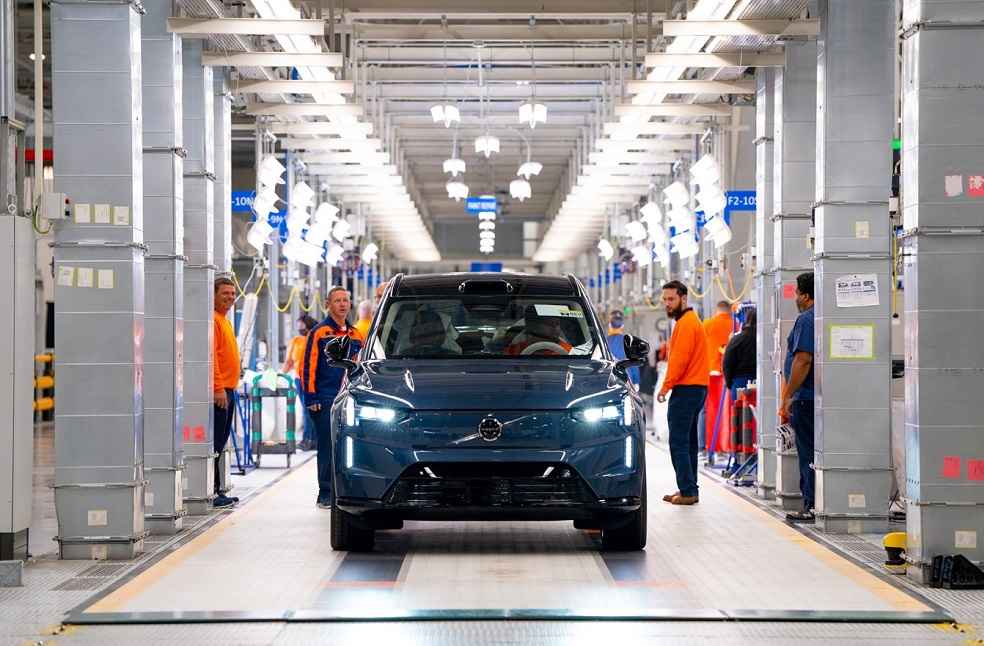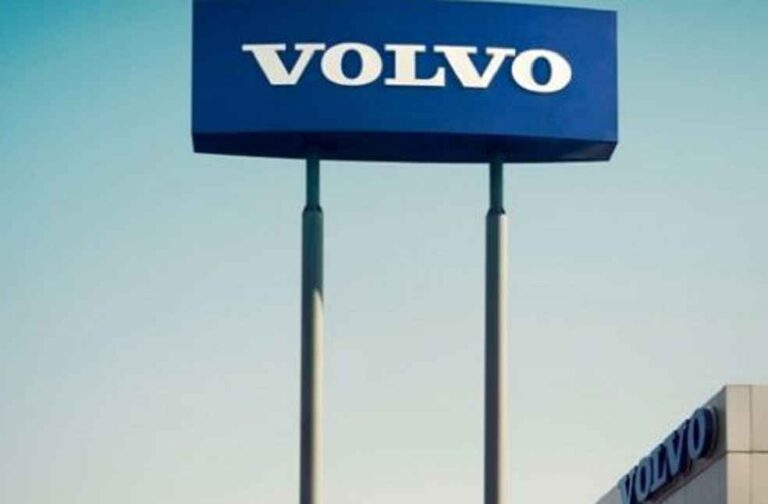Volvo Cars remains committed to expanding its product lineup with five new model launches, despite anticipating a challenging market environment in 2025. The Swedish automaker acknowledges that the global automotive industry faces significant uncertainties, including economic headwinds, heightened competition, and shifting trade policies.
The company’s announcement comes on the heels of a decline in profits during the final quarter of 2024. However, Volvo is pressing ahead with its electrification strategy, introducing its first midsize battery-electric vehicle (BEV), the EX60. This model, built on Volvo’s new SPA3 all-electric vehicle platform, is currently undergoing road tests and is slated for a global debut in 2026. Additionally, Volvo plans to introduce a long-range plug-in hybrid electric vehicle (PHEV) tailored to the growing demand for hybrid powertrains in China.

Two of the forthcoming models will be refreshed versions of existing vehicles, featuring extensive upgrades, while a new flagship BEV sedan, the ES90, will integrate Volvo’s latest technological advancements.
CEO Jim Rowan cautioned that the automotive sector is experiencing a cyclical downturn, with demand expected to weaken due to macroeconomic pressures. “We believe 2025 will be a very challenging year for the industry as a whole and also for Volvo Cars,” Rowan stated during the company’s 2024 full-year financial presentation. He noted that China’s increasingly competitive automotive landscape, driven by the expansion of domestic brands, is reshaping global market dynamics.
Geopolitical factors, including trade tariffs, regulatory challenges, and reduced government incentives, are also expected to impact industry conditions. Additionally, the sector faces a dual challenge—managing the transition to BEVs while advancing software-defined vehicle technologies.

Despite these obstacles, Volvo is forging ahead with its strategy to future-proof the brand. “In terms of profits, we will launch five new or refreshed products to strengthen our balanced portfolio,” Rowan affirmed. The automaker will expand its EX30 lineup with a cross-country variant and move forward with the ES90’s launch as one of its flagship models. Alongside its new long-range PHEV for China, Volvo will continue enhancing its existing lineup with meaningful updates to two additional models.
Production efforts are also intensifying. Volvo will begin manufacturing the EX30 at its Ghent facility in Belgium in the first half of 2025, reaching full production capacity in the latter half of the year to drive cost efficiencies. Meanwhile, the EX90 will see production ramp up at Volvo’s Charleston, South Carolina plant, with additional manufacturing capacity planned at its Chengdu facility in China.
Rowan emphasized that Volvo’s long-term vision is rooted in investment and innovation while maintaining a stable financial position. “The whole automotive industry will be severely tested this year, but we, Volvo Cars, must keep our eyes on the road ahead and not sacrifice our future on the altar of the present,” he remarked. He reiterated Volvo’s commitment to accelerating its SPA3 platform launch, which is expected to enhance efficiency and performance.
OBSERVATION | Global Vehicle Lifespan Rises, Driving Growth in Automotive Aftermarket Demand





